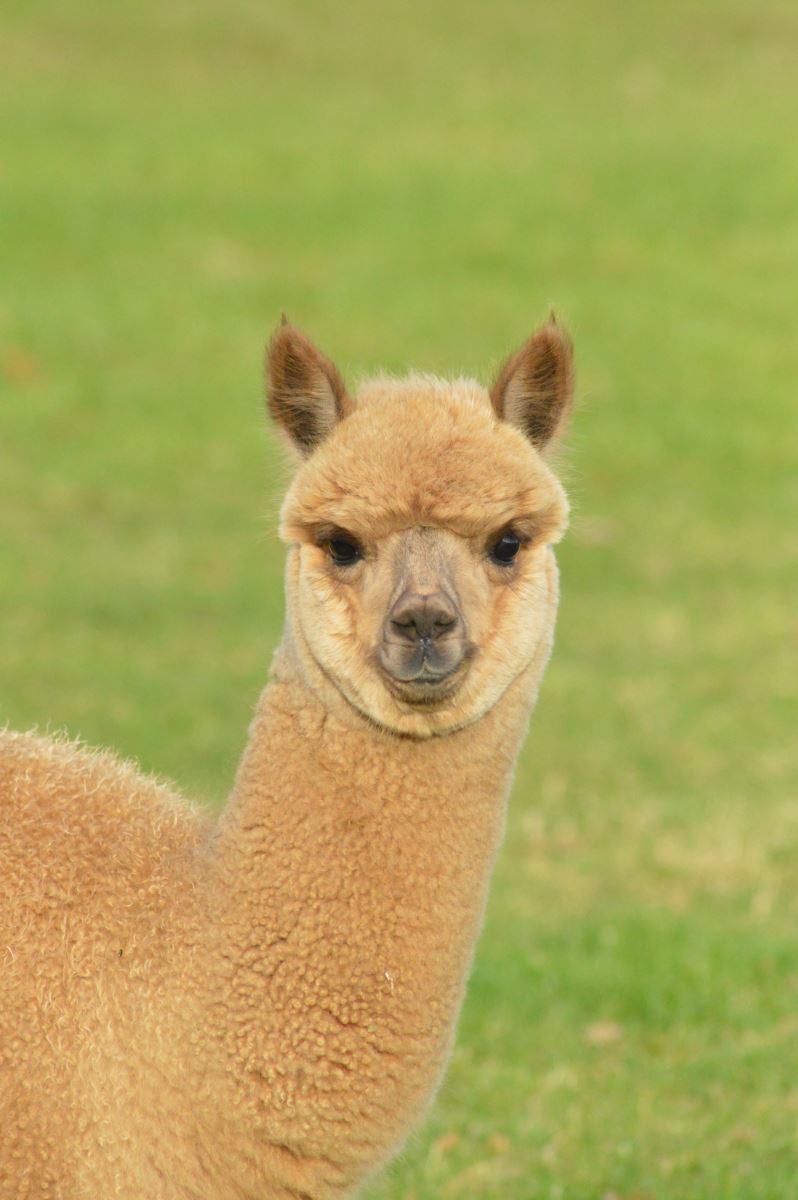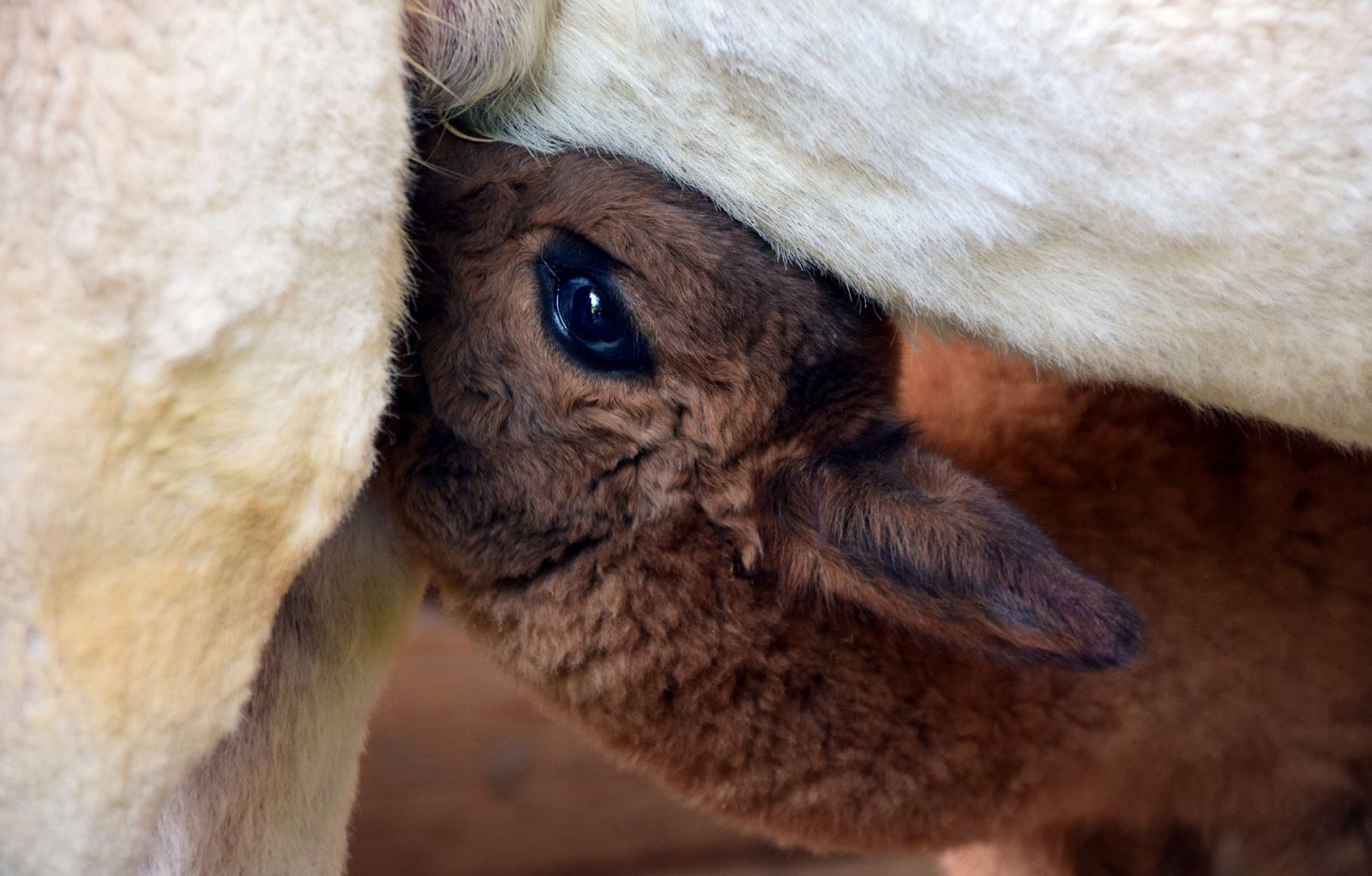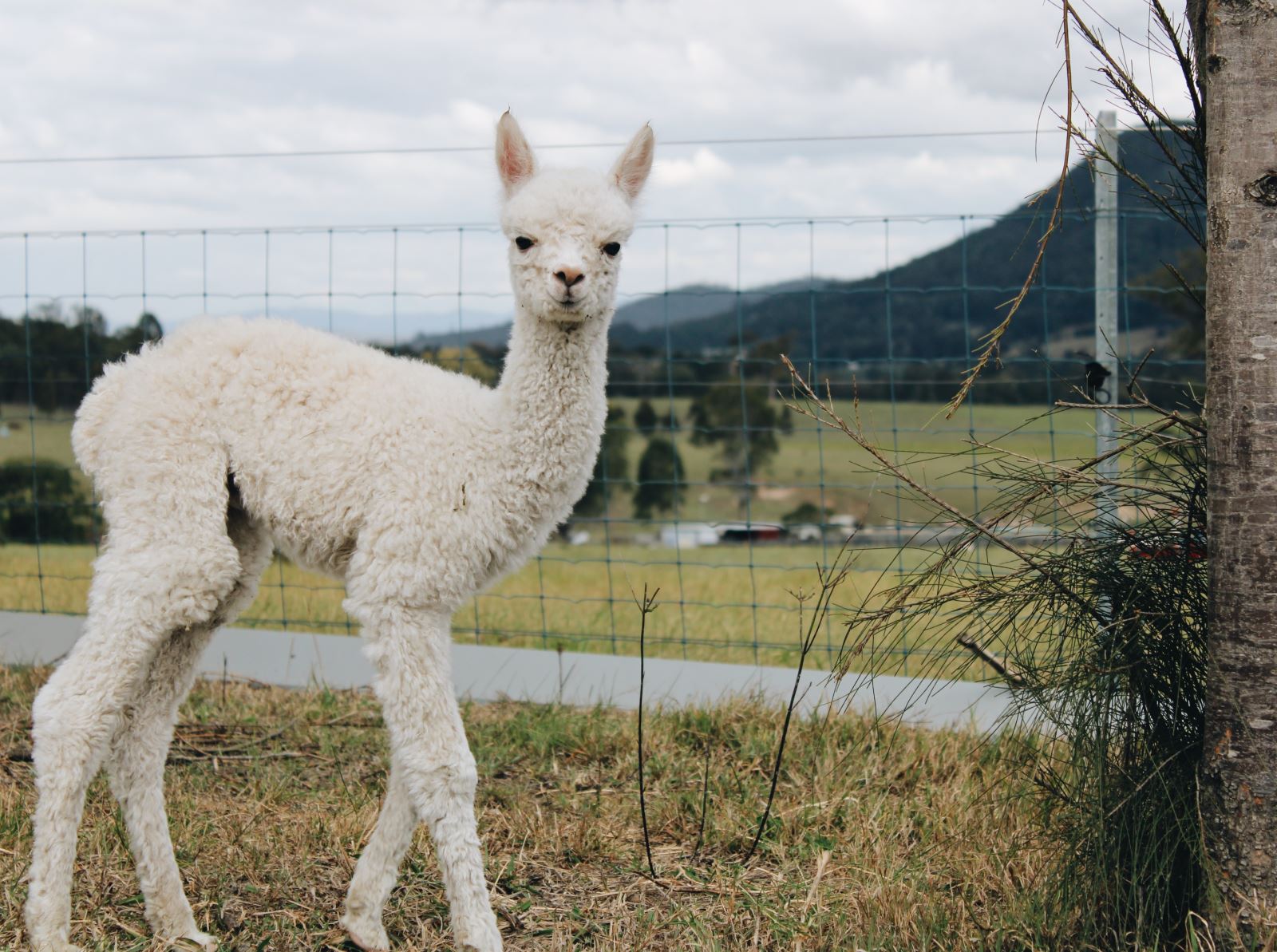Yes, this can be a bit confusing! When an animal is foraging, it means they are searching, looking and finding food to eat. When an animal is fed forage and eats forage, it means the animal is eating a type of plant material.
Forages are plants or parts of plants eaten by livestock (cows, horses, sheep, goats, llamas and of course, alpacas). There are many different types of forages. Alpacas should be fed a mix of good quality pasture grass and legume forages. Different types of plant material provide alpacas with different types and amounts of nutrition, so doing this is a good way to make sure they get all the goodness they need to be healthy. However, care should be taken with some forages, such as legumes, as too much in their diet can cause them to become overweight (obese), which can cause other serious health problems.
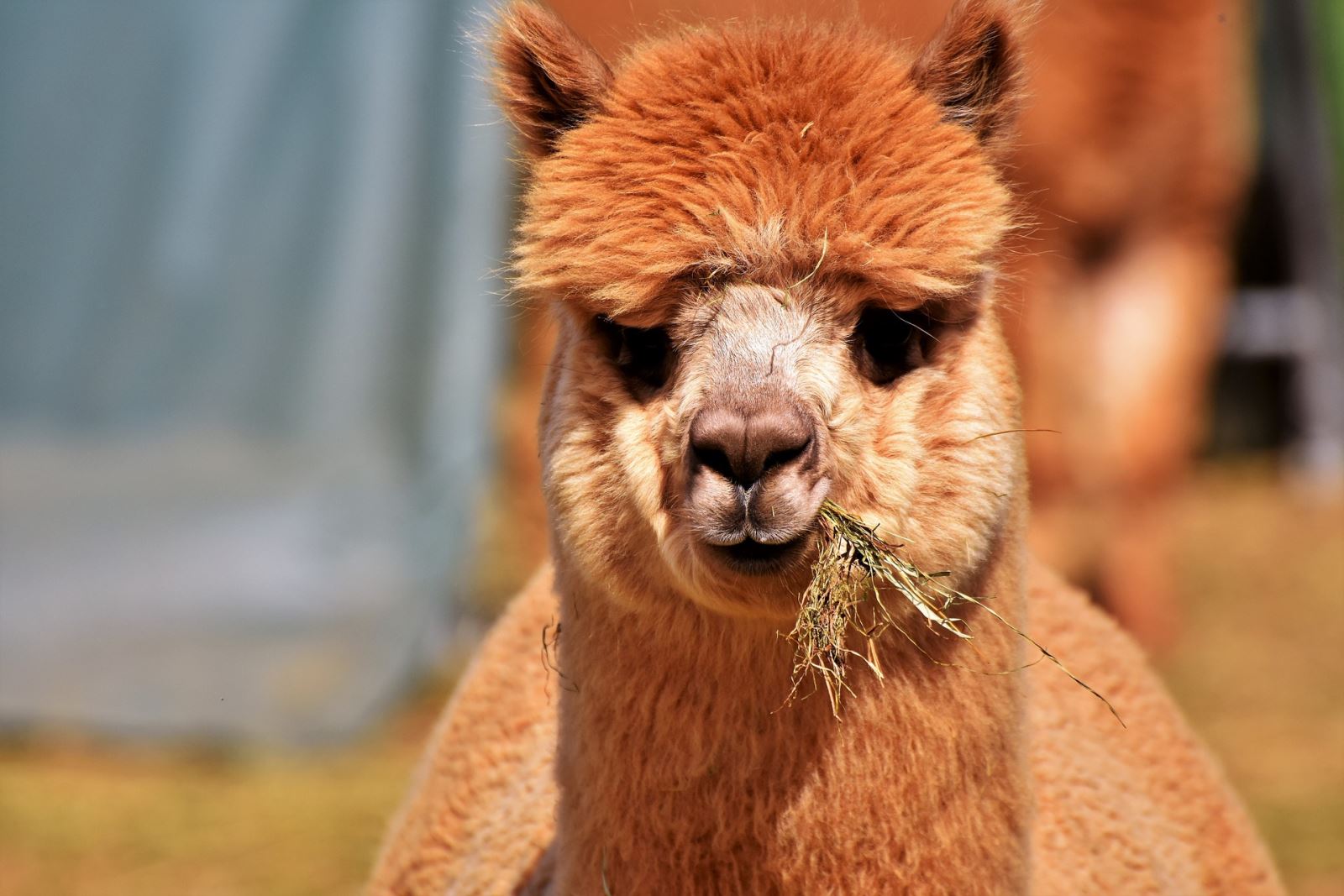
Alpacas’ dietary needs and the type and amounts of forage they need, can change depending on the nutritional quality (goodness) of the hay and pasture grass they have access to. It also depends on the season, or the time of the year. Different types of plants, grow at different times of the year, depending on the weather. For example, spring time provides alpacas with lots of high-protein grass, while in winter, there may be less of this grass available, so they will need to be given extra forages in the winter to stay healthy and strong during the colder months.
Alpacas have a natural need and want to graze, forage and sometimes browse, so it’s important to ensure you have enough pasture grass and forage crops to meet your alpaca’s needs. This will not only provide for their physical needs, but it allows alpaca to express some of their natural behaviours, which is an important part of their mental wellbeing.
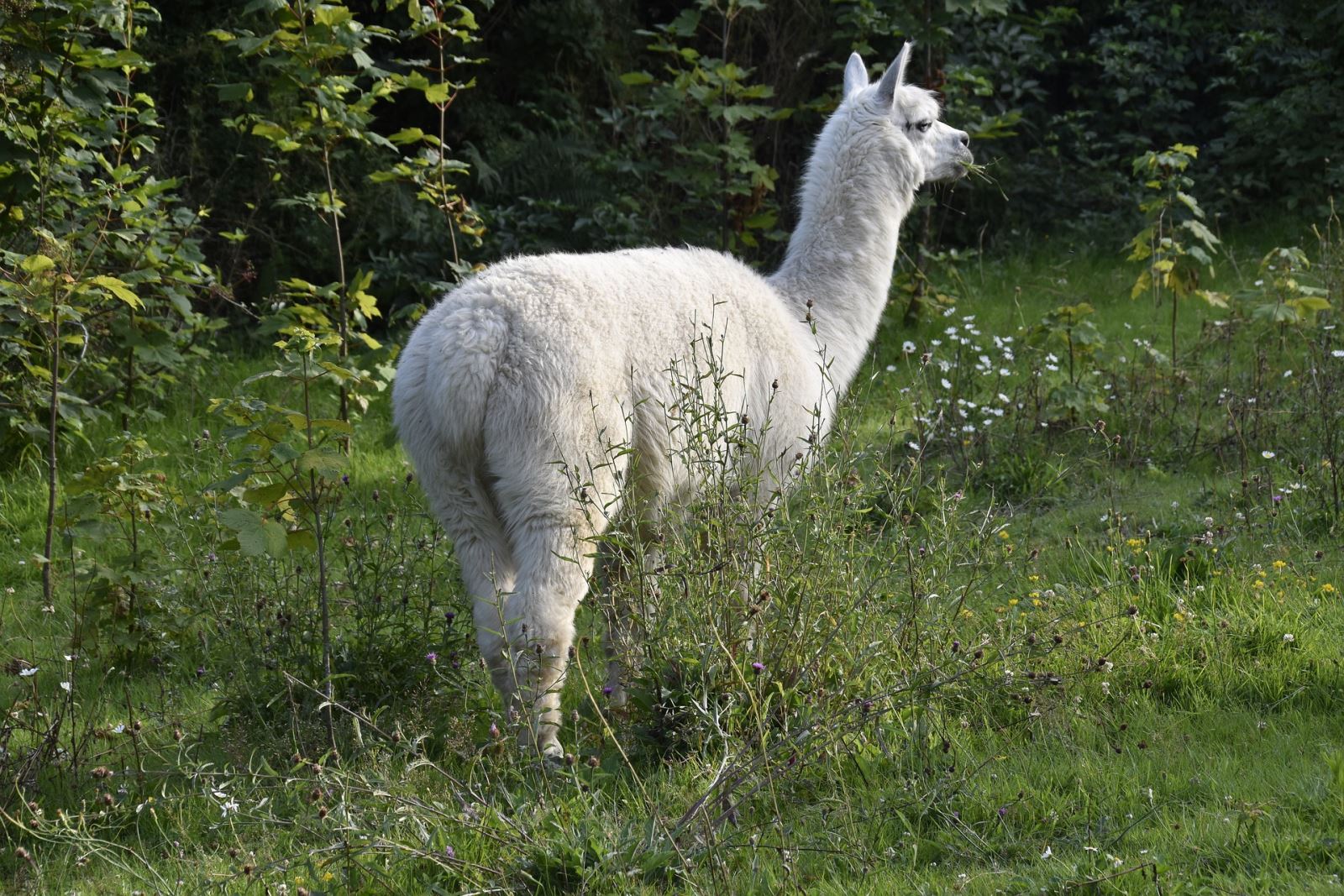
Zinc alpaca nuts or kibble, are often recommend to be fed from November to April to prevent facial eczema and ryegrass staggers – which you can read more about in the Health section.
It’s always best to consult a veterinarian to determine the best diet for your alpacas and if they require additional minerals and vitamin supplementation such as salt, copper, and calcium, to name a few.
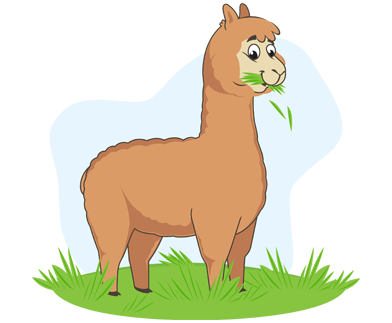


















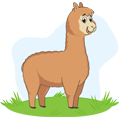


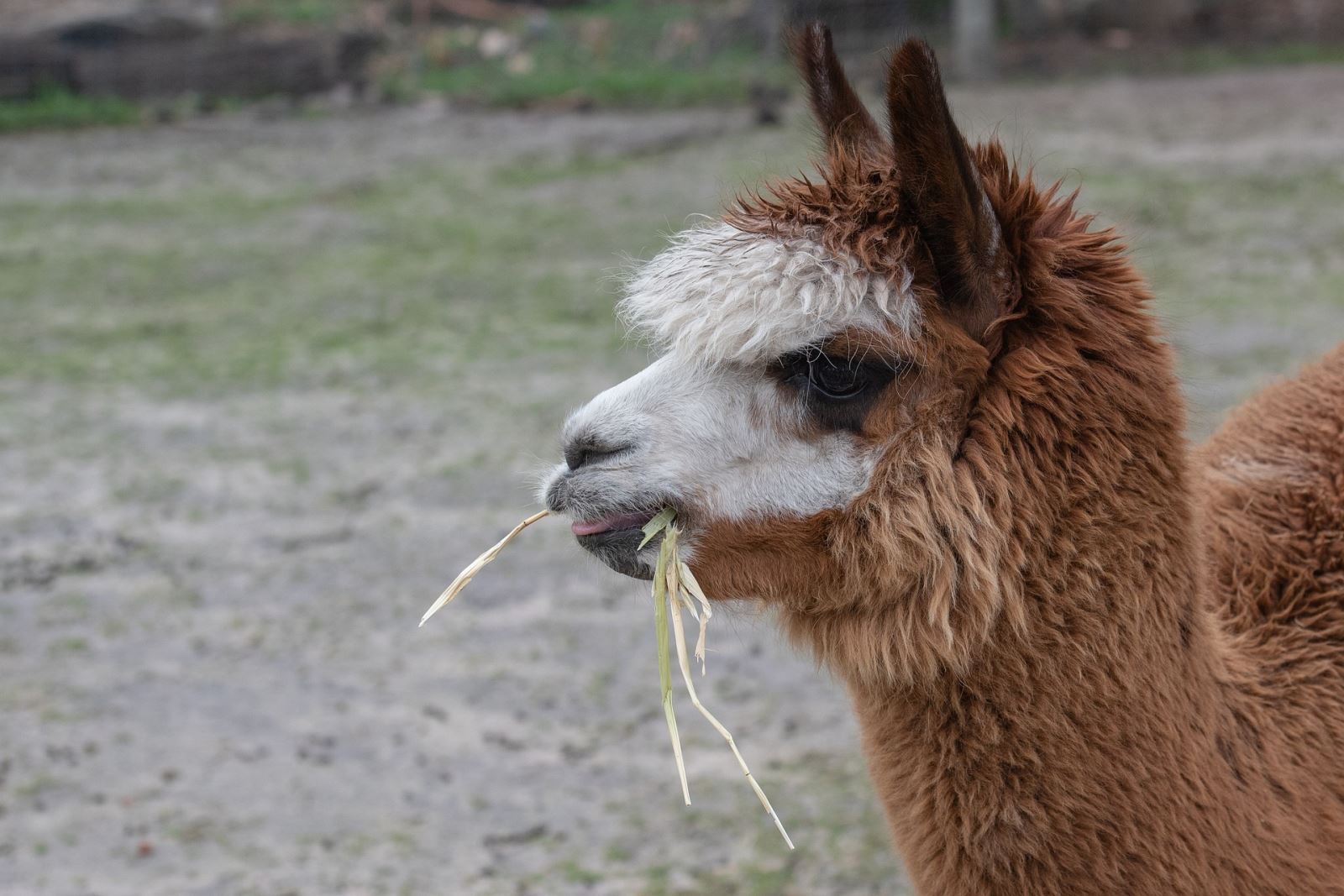
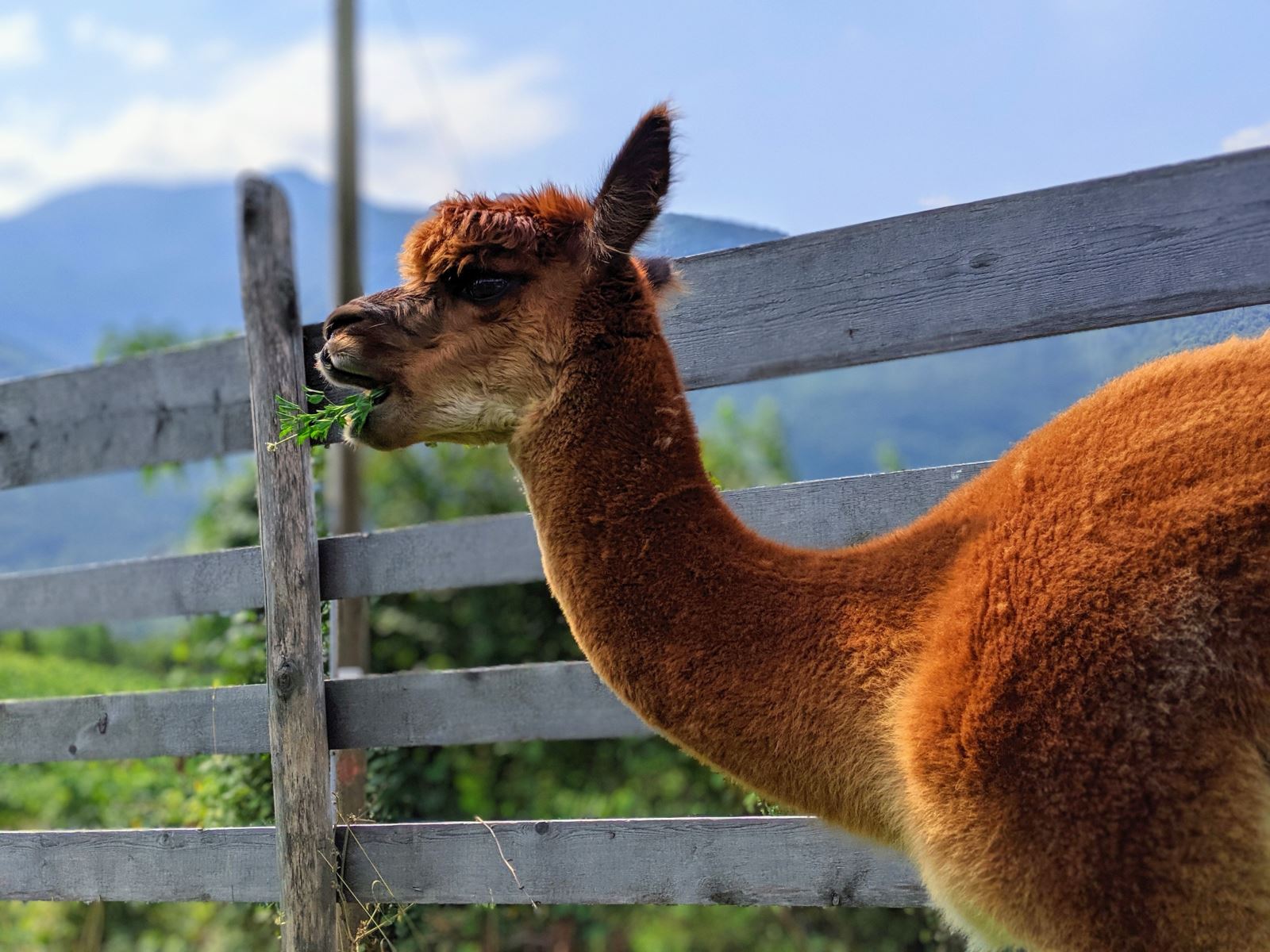
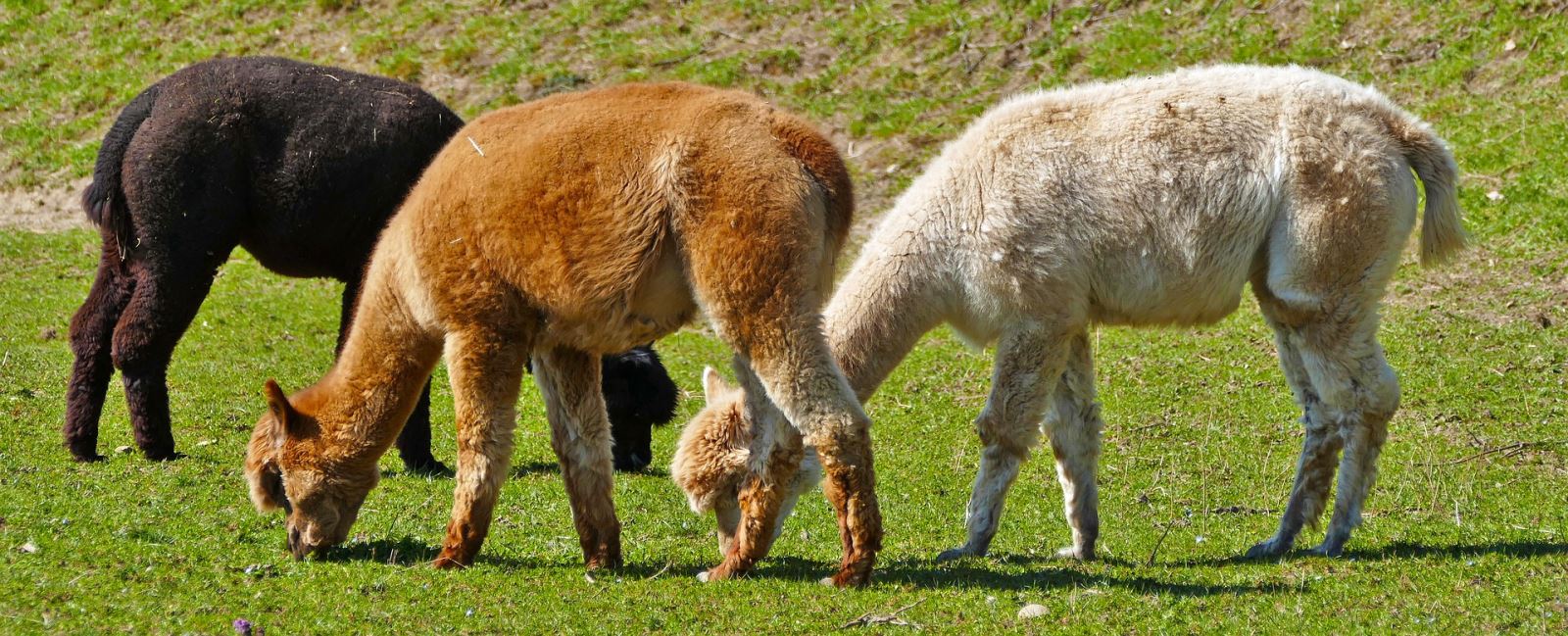
.jpg)



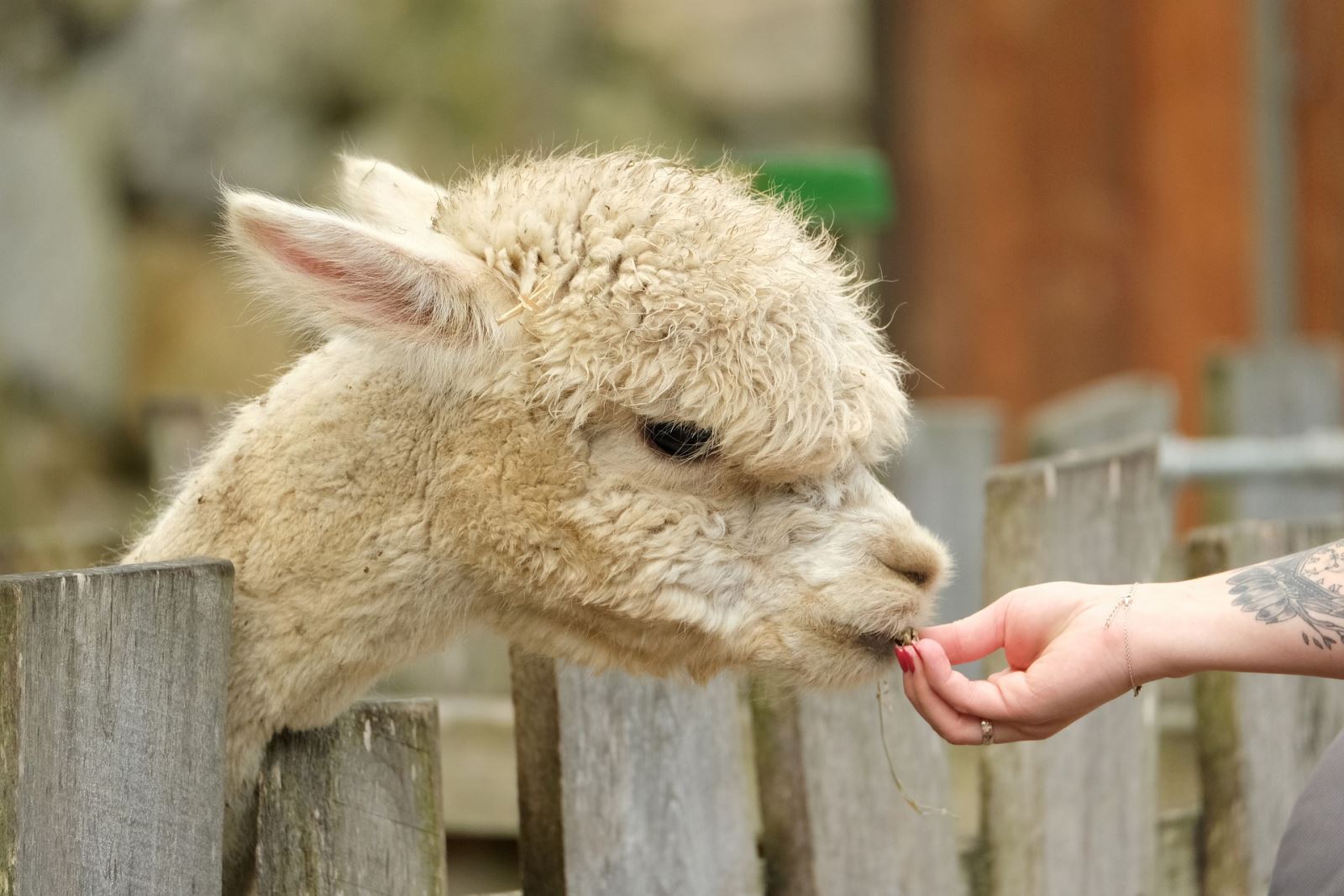

.jpg)
.jpg)
